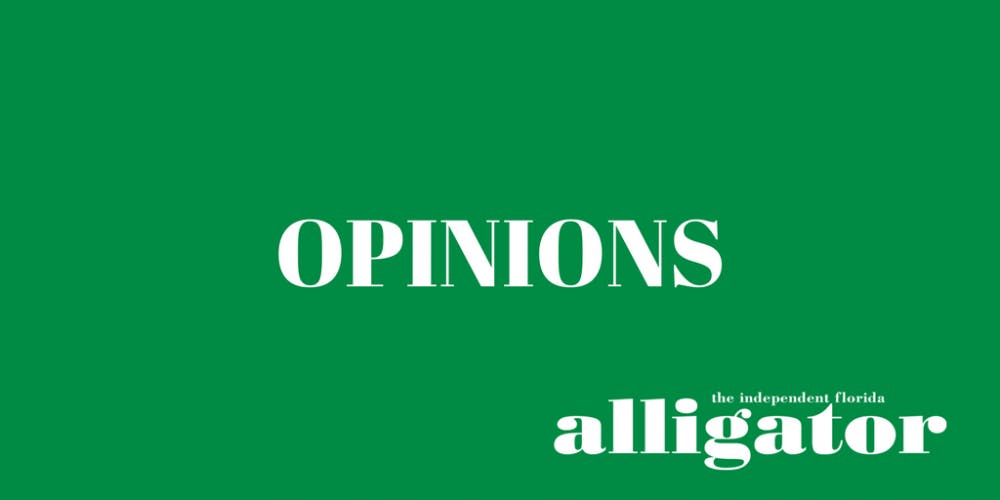It’s easy to lose your voice.
Maybe it’s that moment of hesitation before you answer a question, or the pressure in your chest that makes you think twice before speaking up. Maybe it’s the fear that even if you did talk, no one would listen.
I lost my voice when I was 5, after my younger brother was diagnosed with Asperger’s Syndrome, a form of autism that’s considered high-functioning. The label didn’t change the way I saw my brother. Until that point, I assumed all brothers had quirks like mine: he preferred a green plate at dinner, disliked physical contact and could talk to you about space and physics well past your point of understanding. But I quickly learned others didn’t see him as I did.
Questions of ‘What’s wrong with your brother?’ left me silent, a tightness in my throat and my eyes trailing to the ground.
Eating lunch alone became routine. But that was mild compared to the treatment from teachers who yelled at me when my brother misbehaved and gave me detention when I left class to walk him to my mom’s minivan.
I navigated school silent and unnoticed, and because of that, I learned to listen and observe. As my parents waged battles to get my brother the resources he needed, they showed me the importance of standing up for those who can’t defend themselves. So when I got to college, I sought to reclaim my voice and to pick a career where I could give a voice to the voiceless. It’s because of that I stumbled into a dilapidated building at 1105 W. University Ave. — The Independent Florida Alligator.
Through my five semesters at The Alligator, I’ve learned to not only speak up for myself, but for others, as well as expose problems and ask questions. I owe that to my friends and colleagues.
Even though we eventually left the building where I found myself, the people who helped me find my voice never left me. The building never made the paper, but the people did. Now on 13th Street, three years later, I still found myself surrounded by loud, passionate, ink-and -coffee-stained student journalists.
But in working to give others a voice, we almost lost ours. A free press is vital to democracy, and there is a real threat to the freedom for student journalists across the country to report on their respective institutions. That’s why we started an initiative to save student newsrooms, bringing attention to the challenges facing student media. The voice of student journalists and the community members they cover is worth preserving. Freedom of the press is freedom of the people.
Maybe you’ve never felt voiceless. And if so, that’s great. But maybe you feel this way now. If that’s you, know it won’t always be that way. You will find your voice again, and you’ll need help along the way. So surround yourself with passionate people, and make it your mission to work with them. They will push you to be better. They will inspire you to think bigger. They will be the people with whom you change the world.
And always keep your past in the back of your mind. It will drive you forward.
Caitlin Ostroff is a UF journalism and political science senior. She is the digital managing editor at The Alligator.
You can donate to The Alligator here






